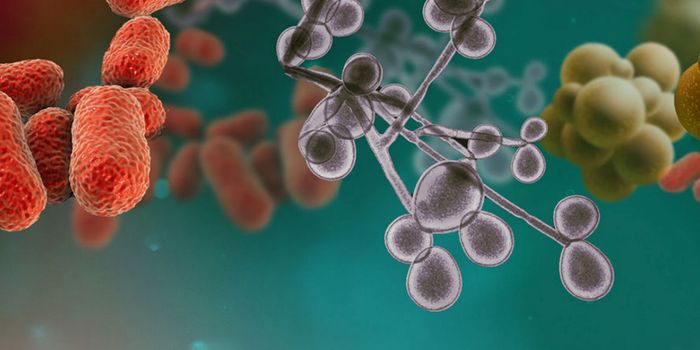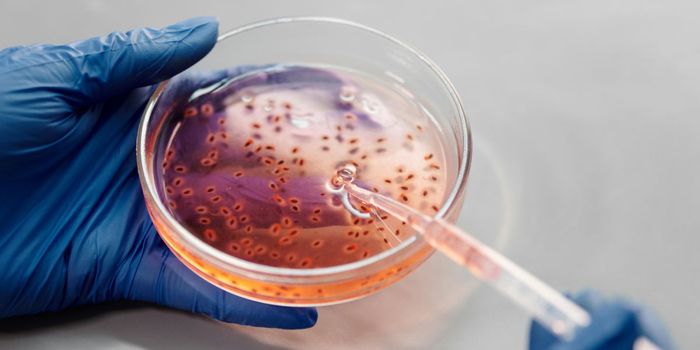Consciousness is so dop(amine)! Researchers show dopamine plays a key role in consciousness
In Notes from the Underground, Dostoyevsky’s unnamed narrator declares, “to be too conscious is an illness.” According to study published in the Proceedings of the National Academies of Science, however, the so-called pleasure chemical, dopamine, is apparently linked to consciousness. So, why isn’t consciousness like a never-ending ice cream cone?
Well, for one thing, consciousness is complicated. There is no single physiological essence of consciousness. Instead, it’s a symphony of various orchestrations between regions of the brain, cells, neurochemicals, electrical activity, and maybe even quantum physics. That said, perhaps Dostoyevsky’s so-called Underground Man’s ‘illness’ — various consciousness disorders — can be better understood by studying dopamine. For example, researchers found that minimal consciousness is attended by impaired dopamine release, and that, in small-scale studies, patients’ consciousness improves with dopamine antagonists.
The ventral tegmental area (VTA) of the brain is the source of dopamine. In both healthy people under anesthesia and those with consciousness disorders, VTA function is impaired. In the former group, normal VTA function was restored after sedation withdrawal. An additional source of dopamine disfunction was found in the default mode network, those regions of the brain associated with self-consciousness and inward directed thought. Taken together, these findings suggest dopamine plays a crucial role in consciousness.
Sources: The Conversation, Proceedings of the National Academies of Science, Physics World, PubMed.org, Frontiers in Neurology, Nature Reviews, Neuroscience









